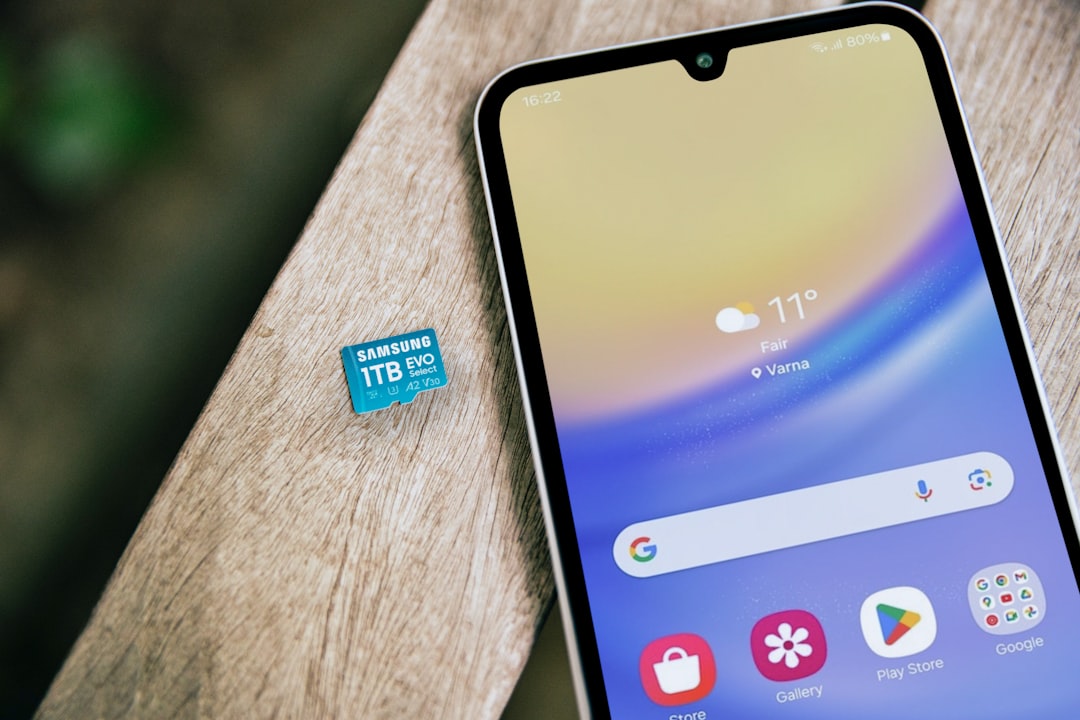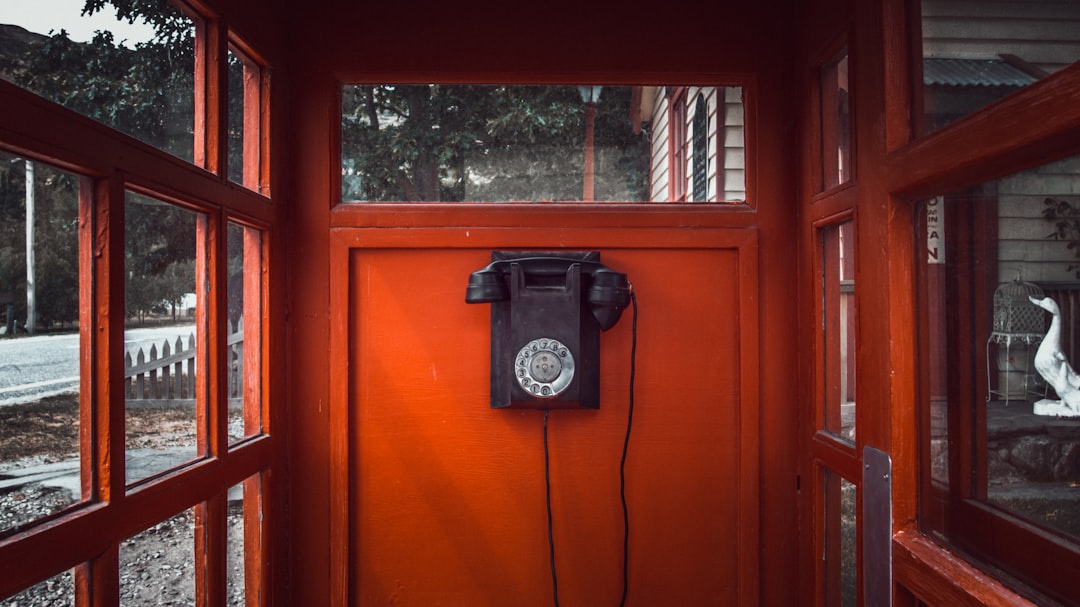The Illinois Telemarketing Act, also known as Chicago's No Call Law, protects residents from unwanted phone calls by telemarketers and debt collectors. Consumers have 30 days to file complaints with the Illinois Attorney General's office. Reputable no call law firms in Chicago assist clients in understanding their rights, compiling evidence, and navigating the legal process. These firms specialize in stopping illegal calls and enforcing fines up to $25,000 per violation. Choosing a specialized firm with positive reviews ensures expert handling of your case.
“Navigating Chicago’s No Call Law: Your Guide to Legal Redemption. Discover the power of filing a complaint under this stringent legislation designed to curb unwanted telephone solicitations. Learn when and how to assert your rights, explore common violations and their penalties, and find the ideal No Call Law firms Chicago to represent your interests. Understand the filing process and what to expect—a step-by-step journey towards resolving harassment and reclaiming peace.”
Understanding Chicago's No Call Law

In Chicago, the No Call Law is a critical piece of legislation designed to protect residents from unwanted phone calls, especially those from telemarketers and debt collectors. This law, also known as the Illinois Telemarketing Act, restricts the number of outbound sales or solicitation calls that businesses can make to consumers. The primary goal is to give Chicagoans peace of mind by limiting intrusive marketing tactics.
Understanding this law is essential for both residents and no call law firms Chicago. It empowers individuals to take action against violators by filing complaints with the Illinois Attorney General’s office. Consumers have the right to refuse calls, and businesses must adhere to specific rules, including obtaining prior consent before dialing. No call law firms in Chicago play a vital role in educating clients about their rights and assisting them in navigating the process of filing complaints when their rights are infringed upon.
When and How to File a Complaint

If you’ve received an unwanted phone call from a telemarketer or sales representative in Chicago, you may have grounds to file a complaint under the state’s No Call Law. The Illinois No Call Law protects residents from unwanted telephone solicitations and gives them the right to seek legal action against violators. When considering filing a complaint, it’s crucial to act promptly; within 30 days of the unauthorized call is ideal. This time frame ensures that you can gather relevant information and evidence, such as call records and any communication with the caller, to strengthen your case.
To file a complaint, reach out to a reputable No Call Law firms Chicago for assistance. These legal professionals specialize in navigating the state’s regulations and can guide you through the process. They’ll help you compile and submit the necessary documents, which may include filling out official forms and providing detailed accounts of the offensive calls. By enlisting their aid, you can ensure your complaint is handled efficiently and effectively, potentially stopping similar incidents from occurring in the future.
Common Violations and Their Penalties

In Chicago, under the No Call Law, several common violations can lead to significant penalties for businesses and individuals. One of the primary infringements is making telemarketing calls to residents without their prior consent, which is strictly prohibited. This includes calls promoting products or services, fundraising efforts, or any form of unsolicited sales pitches. Violators may face fines ranging from $500 to $25,000 per violation, depending on the severity and intent.
Another frequent violation occurs when businesses use automated dialing systems (ATS) without proper disclosure, causing numerous calls to reach Chicago residents even if they have registered on national “Do Not Call” lists. Using such systems without compliance can result in legal action, with penalties escalating for repeated offenses. No Call Law firms in Chicago specialize in handling these cases, ensuring residents’ rights are protected and companies adhere to the strict regulations outlined by state law.
Choosing the Right No Call Law Firm in Chicago

When it comes to filing a complaint under Chicago’s No Call Law, selecting the right legal representative is key to ensuring your case receives expert and efficient handling. Look for No call law firms Chicago that specialize in this area of law, as they will have a deep understanding of the regulations and best practices.
Reputable No call law firms Chicago should offer transparent communication, clear explanations of the legal process, and a proven track record of successful cases. Check client reviews and ask for referrals to find a firm that aligns with your needs and expectations. Remember, the right attorney can make a significant difference in the outcome of your case, so take the time to research and choose wisely.
The Filing Process and What to Expect

When considering filing a complaint under Chicago’s No Call Law, it’s important to understand the straightforward process. First, gather all relevant information and documentation regarding the unwanted calls you’ve received from telemarketers or collectors. This can include call records, dates, times, and any communications exchanged. Then, select a reputable No Call Law firms Chicago to assist you. These specialists will guide you through the legal framework, ensuring your rights are protected. They’ll help prepare and file your complaint with the appropriate regulatory bodies, such as the Illinois Attorney General’s office or local consumer protection agencies.
What to expect during this process? Expect a thorough investigation where the No call law firms Chicago will analyze your case, gathering evidence to support your claim. This might involve requesting call records from telephone carriers and corresponding with the offending party. The goal is to demonstrate a pattern of illegal calls. Once the investigation is complete, you’ll be notified about the outcome, which could result in the cessation of unwanted calls or financial penalties for the violator.






